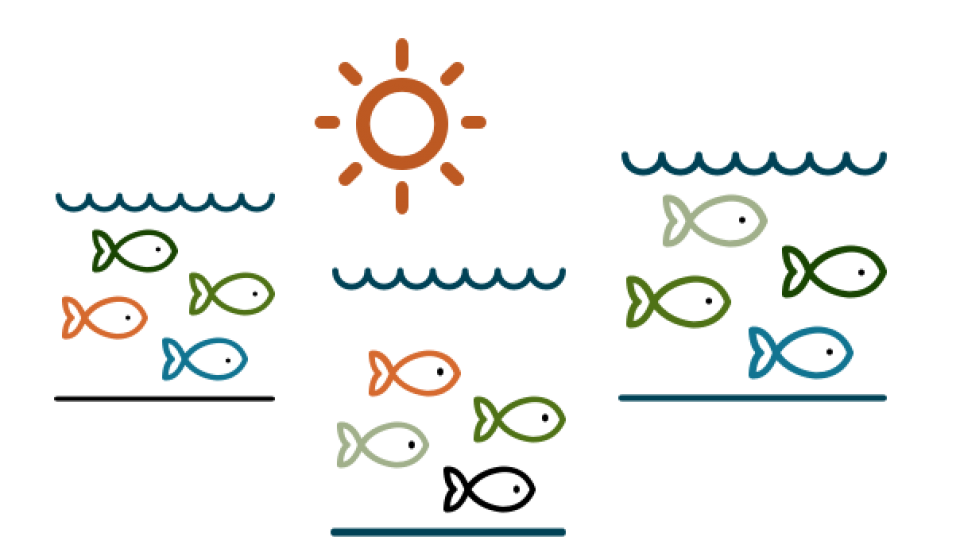Overview
This project investigated the improvement of marine lobster resources through habitat rehabilitation and restocking.
The Indonesian Ministry of Marine Affairs and Fisheries aimed to increase the sustainability and production of fisheries throughout the country.
The Agency for Marine Affairs and Fisheries Research and Development (AMAFRAD) tasked its Research Centre for Fisheries Management and Conservation to lead a research project to meet the goal. The project involved several institutions including the Directorate of Coastal and Small Island (KP3K), the Directorate of Fisheries Aquaculture (DJPB) Research and Development Agency, and various Provincial and District Government Fisheries Centres.
Outcomes
The project provided scientific and technical support, primarily for activities related to tagging lobsters to assist with a restocking program.
The t-bar anchor tag was chosen as the preferred tag due to its high visibility, low cost, ease of application, good retention and relatively low post-tagging mortality. Field tagging and restocking of lobsters began in December 2015 and by end of January 2016, around 8,000 P. homarus lobsters had been tagged and restocked to two sites - Trenggalek Prigi and Pangandaran. Both sites had also been enhanced by the deployment of artificial lobster houses.




